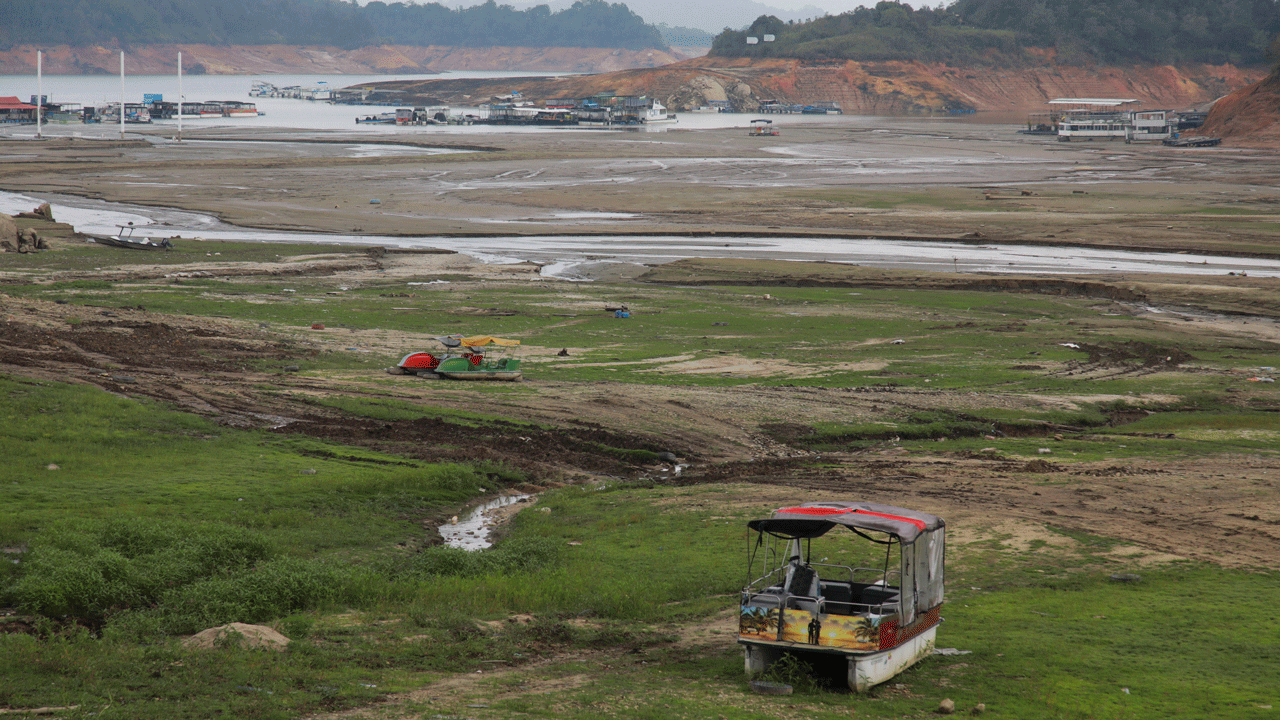The Palestinian Authority’s new prime minister presented his cabinet on Thursday amid skepticism over its ability to meet international pressure for reform given the power wielded by the president of nearly two decades, Mahmoud Abbas.
Mr. Abbas, 88, is widely unpopular among Palestinians and has long ruled by decree. His appointment of Muhammad Mustafa as prime minister this month amounted to a rejection of international demands to make the authority more technocratic and less corrupt, in the hopes that it could help govern postwar Gaza. Mr. Mustafa is a longtime insider and has been a senior adviser to the president, posing little threat to his power.
On Thursday, Mr. Abbas approved the cabinet selections of Mr. Mustafa, according to Wafa, the Palestinian Authority’s official news agency.
Analysts have said that Mr. Mustafa’s choices for ministers of the interior, finance and foreign affairs — all of whom are close to the authority’s president — would be a good indicator of whether his government would signal at least a modicum of change.
The current interior minister will stay in place but the finance ministry will get new leadership, Wafa reported. Mr. Mustafa, an economist who has worked for the World Bank and the Palestine Investment Fund, will serve as foreign minister in addition to prime minister, the agency reported.
“All of the indications are that this government is completely under Abu Mazen’s thumb,” said Ghaith al-Omari, a former adviser to Mr. Abbas, using Mr. Abbas’s nickname. “There’s nothing to show that there will be a change of policy.”
Mr. Mustafa’s government will face significant challenges, not least because it is widely expected to operate in Mr. Abbas’s shadow.
As president, Mr. Abbas remains firmly in charge of the government. There is no functional Parliament, and Mr. Abbas exerts wide influence over the judiciary and prosecution system. There has been no presidential election in the Palestinian territories since 2005 and no legislative election since 2006.
The Palestinian Authority has limited governing powers in the Israeli-occupied West Bank and is dominated by Mr. Abbas’s faction, Fatah. The group lost control of Gaza when Hamas routed its forces there in a brief civil war in 2007.
Analysts say that the Palestinian Authority’s ability to play an effective role in governing Gaza hinges, in part, on getting the backing of Hamas, whose popularity and influence in the West Bank have grown since the war began.
In a joint statement after Mr. Mustafa’s appointment this month, Hamas and three other Palestinian factions blasted the change, saying that it reflected the “gap” between the authority’s leadership and the Palestinian people. The factions contended that forming a new government without a national consensus would “deepen the division.”
The authority will also be in desperate need of cash to pay the salaries of public sector employees, and Israel could undermine its ability to operate in Gaza.
Sharhabeel al-Zaeem, who is slated to be justice minister, said in an interview on Thursday that he was aware of the “huge obstacles” before the incoming government and expressed dismay that it didn’t have the backing of Hamas. But he emphasized that it was “essential in order to start a process to help the people in Gaza.”
Mr. al-Zaeem, a prominent lawyer from Gaza City who fled the strip in late December after being displaced and moving to Khan Younis and Rafah, said the public should wait to examine the authority’s performance before judging it.
“I hope we will be able to serve our people,” he said.






